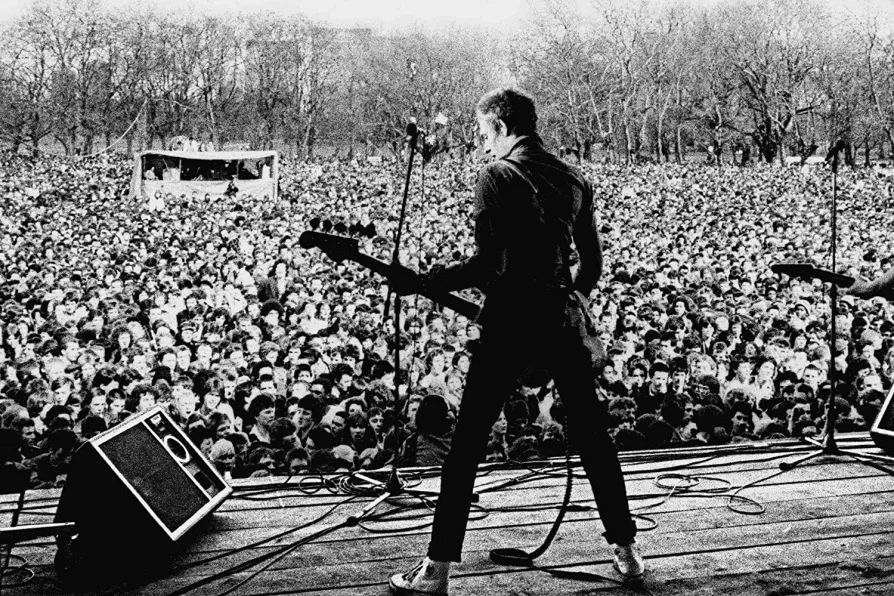Climate activist and writer JANE ROGERS introduces her new collection, Fire-ready, and examines the connection between life and fiction
White Riot
Gripping documentary on the birth and life of the anti-racist movement Rock Against Racism


RUBIKA SHAH’S feature-length directorial debut expertly documents the emergence of Rock Against Racism (RAR) that emerged in 1976, just as punk was exploding across Britain.
Using intriguing archive material, eschewing editorialisation and allowing the seven-year story of RAR to be told in the words of those involved, White Riot sidesteps the cliches and pitfalls easily fallen into when portraying punk, or indeed British life, in the mid to late-1970s.
Similar stories

Peter Mitchell's photography reveals a poetic relationship with Leeds

Ben Cowles speaks with IAN ‘TREE’ ROBINSON and ANDY DAVIES, two of the string pullers behind the Manchester Punk Festival, ahead of its 10th year show later this month

JOHN GREEN surveys the remarkable career of screenwriter Malcolm Hulke and the essential part played by his membership of the Communist Party

ANDY HEDGECOCK relishes two exhibitions that blur the boundaries between art and community engagement










